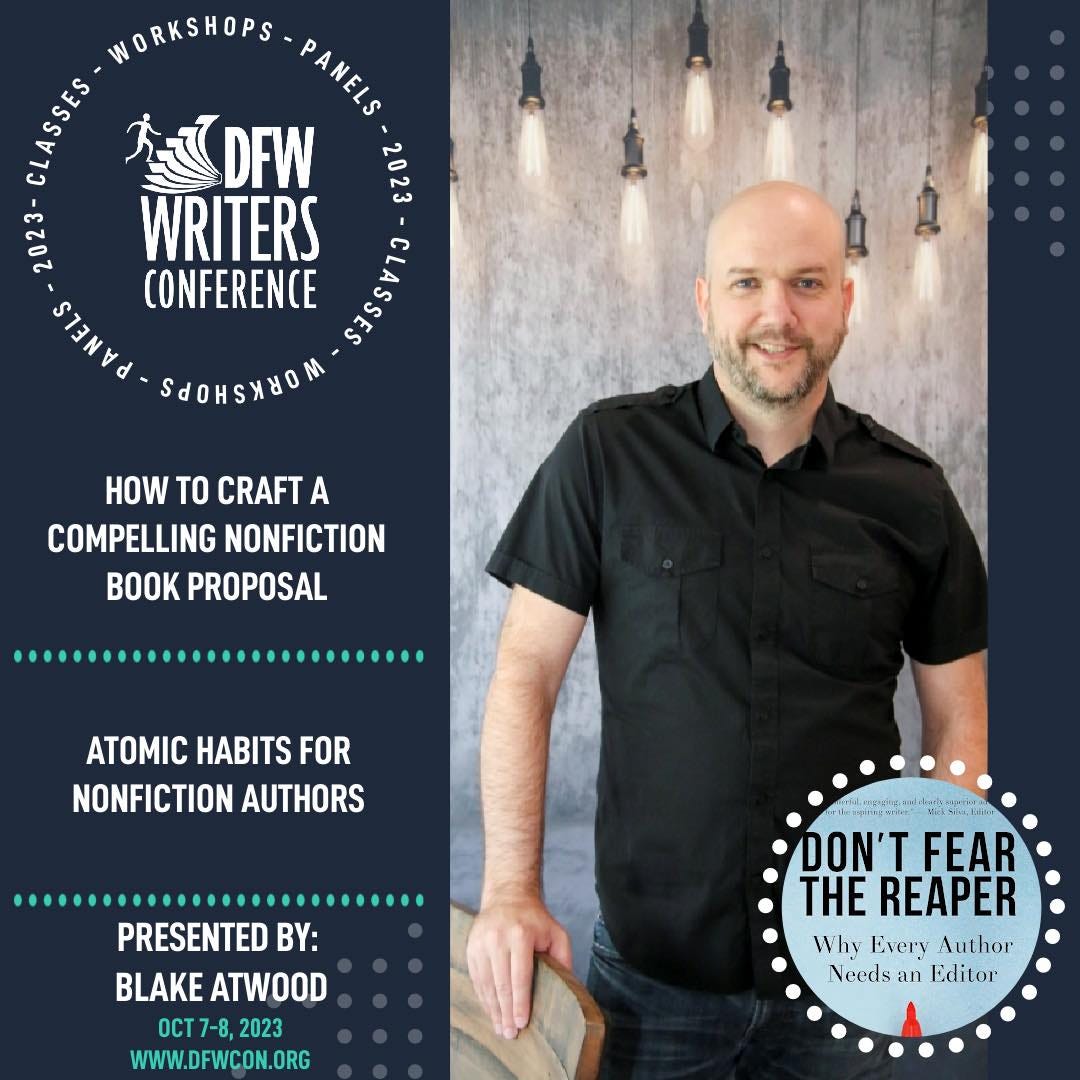How to keep your writing in tense
“All right. This is an oldie, but, uh . . . well, it's an oldie where I come from.” —Marty McFly

Marty McFly has nothing on a few authors I’ve worked with.
These often-newbie writers will fly from one tense to the next in sentence after sentence or paragraph after paragraph. At one moment, you think you’re in the present, zipping along with a story that makes you feel engrossed in what’s happening, then, suddenly, you’re whisked into the past, which may still be the author’s present—it’s hard to tell—before you’re pulled into the future, then back to the past, then, of course, back . . . to the future.
Was that confusing? It’s supposed to be.
That’s what happens to a reader when you forget to check your tenses.
The moment a reader loses their sense of time in a story is the same moment that reader may look for another book.
Unless you’re purposefully trying to keep the reader off balance with regard to when certain events happen, make sure your tenses clarify when an event happened.
Verb tenses explained
Let’s take a short educational break from our time-traveling woes.
Just in case you’ve momentarily forgotten your elementary school English, verbs have three main tenses: past, present, and future. Easy enough.
What gets muddled, especially when writing your first or second draft, are all those dastardly subsets of verb tenses: each simple verb tense also has a continuous tense, a perfect tense, and a perfect continuous tense.
In “Verb Tenses Explained, With Examples,” Grammarly offers a great chart with helpful examples for reviewing the differences. Read that article for a good refresher.
Those small and seemingly inconsequential words typically used in these verb-tense subsets—am, was, had, will be, will have—can radically alter what you’re trying to say. Per the examples in the Grammarly article, “Last night, I read an entire novel” and “I was reading last night” denote different chronological perspectives.
For instance, if you’re writing a memoir, are you telling it in present tense, as if it’s happening right in front of the reader’s eyes?
Or are you looking back on a time in your life with decades of knowledge and experience weighing upon it?
Or—and this is what the talented memoirists accomplish—do you vacillate between both telling the past as the present and telling the past through your present because that replicates our lived human experience, where we can recreate our memories as if we’re living them again but with the perspective of our older selves?
I think memoirists have an especially challenging time getting their tenses right, but the issue can often rear its head in all forms of writing.
3 tips for checking your tenses
1. Read your problematic sentences out loud.
Does it sound right? Are you using the right tense for what you want to convey? Or are you giving your reader unintentional time-traveling whiplash?
2. Read your problematic sentences out loud to someone else.
You may not even have to ask them for feedback if you look them in the eye while you’re reading and they give you that unmistakable look of Do what now?
3. Ask your editor to keep a vigilant watch over your tenses.
If improper tense usage is the Biff Tannen to your George McFly, ask your editor to keep a wary eye out for the issue. We all have blind spots. Don’t let your ego interfere with producing your best work possible. Editors appreciate knowing the areas you may struggle with.
Plus, your editor can help ensure that your timeline doesn’t unintentionally divert itself into an alternate and wholly fictional reality where a former real estate magnate seeks all power.
If you have more tips or examples, please leave a comment:
P.S. Did you know you can’t run through a campsite?
You can only ran because it’s . . . past tents.
A quick announcement
Join Evangeline Lilly, Dave Eggers, and me at the DFW Writers Conference in Hurst, TX Oct. 7–8.
I’m teaching two classes on crafting a compelling nonfiction book proposal and “atomic habits” for nonfiction authors.
Or just come to hear my friends Dave and Eva or any of the dozens more teachers. I filled out my schedule last night; it’s going to be quite a full weekend.
About Better Writing with Blake Atwood
I’m Blake Atwood, a nonfiction editor, author, and ghostwriter. My literary claim to nominal fame is as an early developmental editor on Atomic Habits, but I’ve worked on more than 60 books, including a few of my own. If this was forwarded to you and you’d like to subscribe, please do so below.
Always feel free to reply to these emails. I read them and try to answer within 2 business days. And, as an Amazon Associate, I earn from qualifying purchases through affiliate links in this newsletter.





I would think that if you had taught this important then it means it is, except that I don”t.